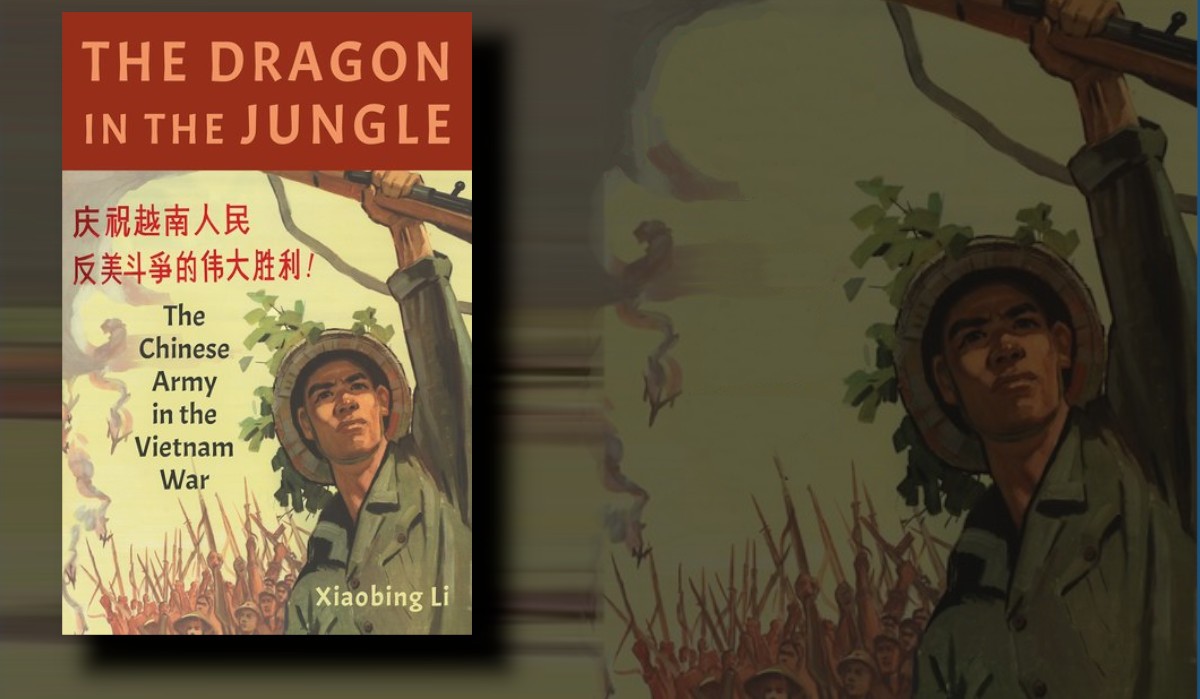The current manner in which the Australian Army formally develops its junior officers is heavily focused on generalised outcomes and rarely fosters an environment where subalterns are compelled to use their cognitive and analytical skills. This article will argue that the Australian Army should re-think its approach to the formal training and education of its junior officers and suggests a framework in which this change may be implemented. For the purpose of this article, training is defined as the learning of specific skills that are imparted through practice and repetition. Education, on the other hand, is about fostering the mind by encouraging independent thinking through introducing knowledge of the physical and cultural world. It is important to note that whilst the two are not mutually exclusive, focusing on one over the other will produce significantly different outcomes.
Continuous Education
At present, the first time that junior officers conduct formal education following graduation from the Royal Military College - Duntroon (RMC-D) and their respective officer basic courses is on All Corps Captains Course (ACCC). Within those first two to three years post graduation, there is a prime opportunity for Army to conduct formalised, continuous education and development of its junior leaders. Currently this opportunity is being missed and is not sufficiently covered in the all-corps residential course for junior officers, being ACCC.
Continuous, formalised education is an inherent requirement for the profession of arms, one that enables skills, knowledge and attributes necessary to undertake military tasks. The recently released Ryan Review, which conducted an analyses into Army’s approach towards education, training and doctrine, stated that “the desire to separate for military purposes, ‘education’ and ‘training’ as two different activities is misleading and creates a false divide that makes it even more difficult to define intellectual capability” (The Ryan Review, 2016, p. 48). As professional military education of officers is intrinsically intertwined with training it seems a basic necessity that the two are combined at all levels of junior officer development, albeit this is not currently the case. One of the major contributors to this gap is the way in which junior officer training and education are currently delivered to subalterns.
The current manner in which Army conducts on-line learning is predominately through CAMPUS-style course on the Defence Restricted Network. In this style of learning, trainees are presented bland, automated lectures where minimal input is required from the individual. Further, the associated assessments do not sufficiently test a trainee’s knowledge of a specific subject. As stated in the Ryan Review, “Army should … encompass a mix of training and education themes and proficiencies that embrace residential and non residential options” (The Ryan Review, 2016, p. 8). A shift from the current “on-line learning” to a more mature framework of “learning through correspondence” would require a restructure in how Army conducts and assesses its members by distance.
The use of unrestricted on-line portals would allow Army to revise the current manner in which is delivers and assesses on-line content. This method of learning has the potential to include not only professional military education, but also to achieve specific Military Learning Outcomes (MLOs). Courses conducted via distance could vary from standard administrative problems to tactical quick decision exercises (with time restrictions) as well as other non-military subjects designed to expand the knowledge and perspective of junior officers.
Upon graduation of basic officer courses, Lieutenants could be given access to a portal with 4 semesters of work, with the completion of this work being a pre-condition for paneling on ACCC. In order to facilitate and augment this learning, some assessments could be locally delivered in ‘mirco-modules’ (1 – 2 days at a variety of main bases throughout Australia) where syndicates are convened to conduct a planning iteration. This could act as a medium to bridge the gap between distance education and the residential phase of ACCC.
The need for a Diverse Training Continuum
In its current format, ACCC combines General Service Officers (GSO) and Specialist Service Officers (SSO) together in order to teach the basic skills required to become a second in command within a company and to operate within a battle-group headquarters. This current process revolves heavily on all-corps learning outcomes but fails to recognise the specialties that each corps brings to the table, including the professions and experiences of SSOs. Further, the method in which Army conducts its assessments, through Training Management Packages, has resulted in a stagnation in the cycling of assessments. With four to five courses run per year it does not take long for the corporate knowledge of assessments to be commonly known among trainees. This, combined with GSOs and SSOs being assessed against the same training outcomes results in a culture of ‘tick and flick’ assessments where intellectual development is not encouraged, but rather applying the ‘Directing Staff solution’ to a known problem is the paramount consideration.
A move to diverse distance education could alleviate many of the issues listed above. For example, unrestricted online portals would enable the provision of resources for junior officers to conduct learning in an environment similar to that provided by tertiary institutions. Complex problems could be issued, each with a myriad of possible solutions that allow trainees to draw on their respective military skill-set. Similarly, having trainees complete one of many possible assessments would place more of onuses on individuals to conduct independent thought and analysis into a problem without using collaborative techniques.
Ultimately a paradigm shift is required in the manner that Army currently conducts the all-corps junior officer training continuum. A change in the way that distance education is currently conducted would not only enable the breadth of subjects currently covered on ACCC to expand, but also enable a more rigorous approach to how Army academically challenges, trains and educates its junior officers.




